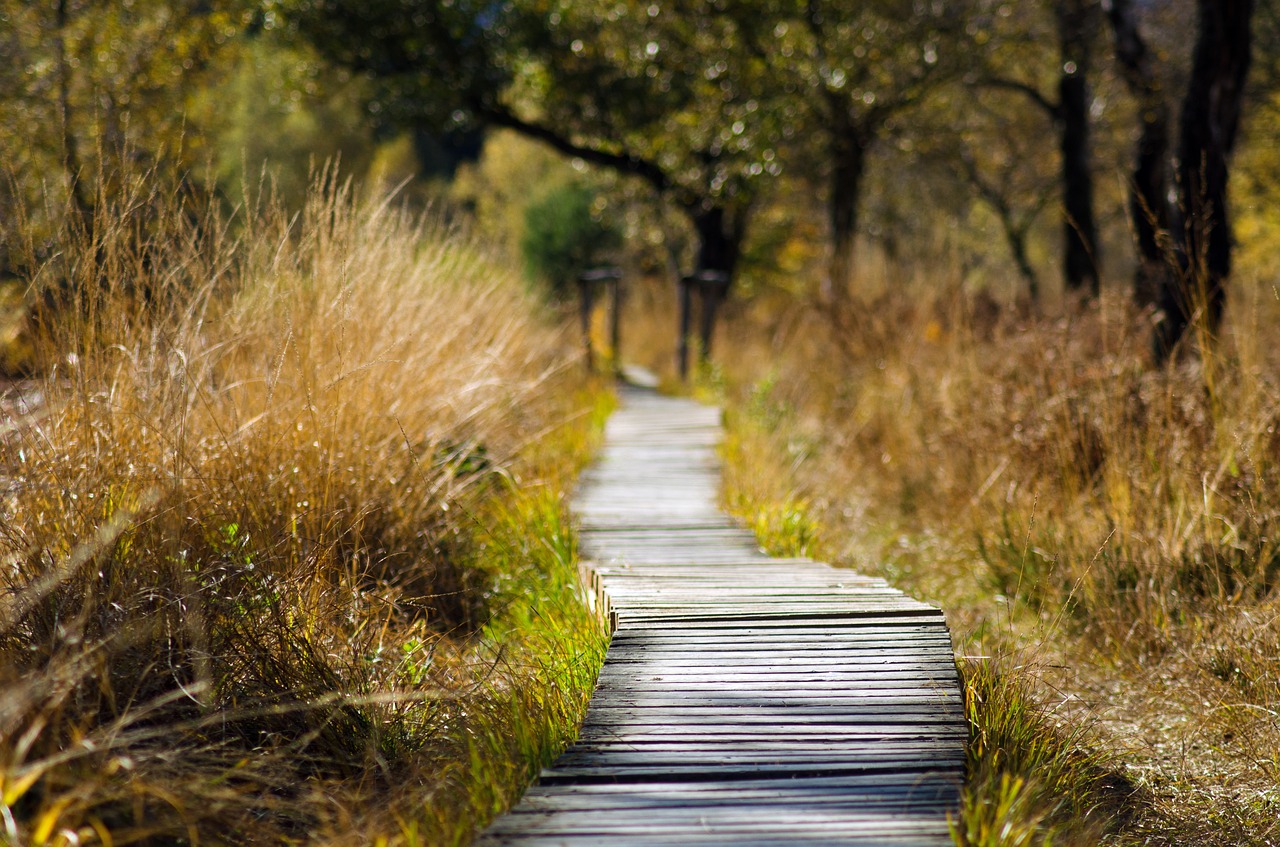In The Sayings of the Desert there is the following story: “It happened that one of the brothers at Scete committed a serious sin. The elders held a meeting and asked Abba Moses to join them. He however refused to come. The elders sent him a message in the following terms: ‘Come we are waiting for you.’ So then he arose and started the journey, carrying an old basket with a hole in it. He filled it with sand and dragged it behind him. The Elders went to meet him and asked him ‘Father, what does this mean?’ The old man answered ‘It is my sins running out behind me and I do not notice them. That is how I am coming to judge the sins of another.’ Upon hearing this they said nothing to the brother and pardoned him.”
If the ego in its protective ‘survival’ mode makes us act out of our woundedness and causes us to commit self-centred, negative actions, then as in the story from the desert these could be called ‘sins’. However, in the silence of meditation we are open us to divine guidance and will be given insights into which unmet survival needs have caused wounds in our being and are influencing our attitude in life and causing our negative behaviour. With help from the Christ within we can then modify the ego’s behaviour and eventually even transcend it. As Laurence Freeman says in Jesus the Teacher Within: “Jesus had an ego. So it is not that the ego in itself is sinful. It is egotism, fixation on the ego that leads to the forgetting and betrayal of our true Selves. Sin happens when the ego is mistaken for the true Self.”
Apart from spiritual guidance we can further our awareness why we act the way we do by mindfulness of our thoughts, feelings and sensations, as we have seen. This in turn will gradually silence the inner critic, who loves judging us and berating us worse than anyone else would do. By not judging ourselves but by being aware of our own propensity to let our negative energy, our woundedness, rule us, we come to self-knowledge and learn to accept ourselves as we are. This will allow us in turn to recognize ourselves in others and we will be slower to criticize them. As Maximus the Confessor says “Interior freedom is not yet possessed by anyone who cannot close his eyes to the fault of a friend, whether real or apparent.” Truly listening, truly paying attention to others and thus leaving self behind opens the way to compassion for all. Then progressively we stop justifying ourselves by judging others.
“The task we have is to find our way back to our creative centre, where wholeness and harmony are realized, to dwell within ourselves, leaving behind all the false images of ourselves such as what we think we are or what we think we might have been, because these have an unreal existence outside of us. Remaining within ourselves in this sense of illusion- shattering honesty and simplicity, leads us to remain always in the presence of our Creator.” (John Main Word into Silence) That is the challenge we can meet in meditation, if we do it committedly and lovingly and that is redemption. As Laurence Freeman puts it: “Redemption is knowing with our whole being who we are and where we have come from.”
In the depth of our being we do remember who we truly are. As Jung reminds us in Civilisation in Transition “To the constantly reiterated question ‘What can I do?’ I know no other answer except: ‘Become what you have always been’… Wholeness which we always were without knowing it.”
But all this is not easy, as we even read in the Sayings of the Desert Fathers: “An Elder said ‘I have spent twenty years fighting to see all human beings as only one.”
Image by smellypumpy from Pixabay





